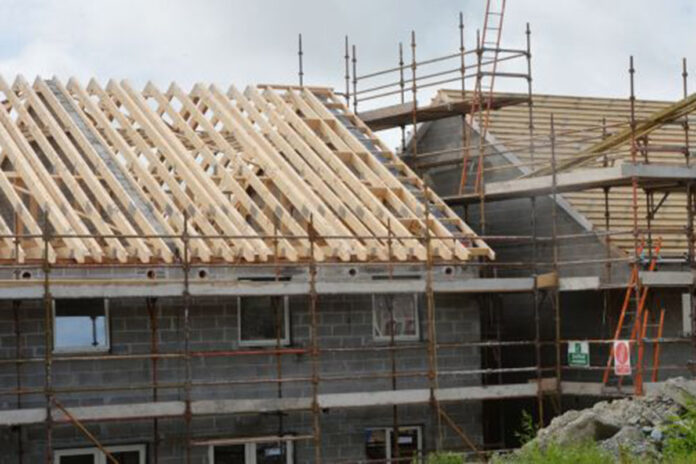As Budget 2024 looms, it will be delivered against a back-drop of a cost-of-living crises and an imminent general election. Housing provision is undoubtedly the single biggest economic and social issue facing Ireland currently, and as a result, this hot political issue will remain firmly on the government’s agenda, as they frame and fine-tune next Tuesday’s budget.
The housing market is in a position of excess demand over supply and is characterised by increasing rents, affordability concerns for first time buyers, and a lack of availability of rental accommodation. These factors combined with thousands of small and medium-sized landlords leaving the rental market have lead to a perfect storm in housing.
And Ireland’s strong economic performance, a low four per cent unemployment rate, and a rising population all mean there are high levels of housing demand in both the purchase and rental sectors.
Minister for Housing, Darragh O’Brien (FF) has indicated he will consider “efficient and effective” measures to attract and retain small and medium-sized landlords in the market. The Taoiseach has also indicated this year’s budget will help small landlords and encourage more of them to stay in the market.
For tenants who are paying rent in respect of their principal private residence, their renters tax credit of €500 credit introduced last year is set to increase and will likely be increased to around €800. The housing minister himself has been pushing for such an increase.
In light of recent interest rate increases, mortgage holders will also be looking for some relief which could include a targeted form of mortgage interest relief.
As for first-time buyers, an extension of the Help to Buy (HTB) scheme to December 2025 could be on the cards.
Asked what measures he would like to see in next week’s budget to help alleviate the lack of housing supply and improve the market, Ennis-based auctioneer, David Costelloe of Costelloe Estate Agents said:
“They need to give a little more certainty on the Help to Buy scheme which came in, in 2022 and is set to end in December 2024. The market would like that to be extended and clarified – that is very important.”
From a residential rental point of view, Mr Costelloe said the lack of smaller funders is an issue in the context of lack of returns. He highlighted the fact Ennis was designated a rent pressure zone on September 1 as significant and “will further exasperate that” unless something radical is done about it. And, he added, there is no incentive for small landlords.
He also said: “I’d like to see something go to builders in terms of the high costs they are experiencing with building costs having escalated over the last 12 months due to the increased cost of energy and other factors…it is putting pressure on the cost of building and therefore pushing up the end price of a new home.”
He noted development contributions were introduced in 2023 however, in his opinion, they needed to be extended further which could help reduce the costs of buying a house.
He said he would also like to see stamp duty on both land sales and commercial property reduced because of the lack of supply issue. He also said he would like to see capital gains tax (currently at 33 per cent) reduced significantly and cited the example of former finance minister, Charlie McGreevy who halved capital gains rate to 20 per cent in the December 1997 budget which Mr Costelloe believed, helped increase economic growth by encouraging people to dispose of their assets.
Mr Costelloe added, “As a country and a town we want to encourage our youth to stay in Ireland and the best way to put down roots is to buy a home.”
Sharon Dolan D’Arcy covers West Clare news. After completing a masters in journalism at University of Galway, Sharon worked as a court reporter at the Sligo Weekender. She was also editor of the Athenry News and Views.



